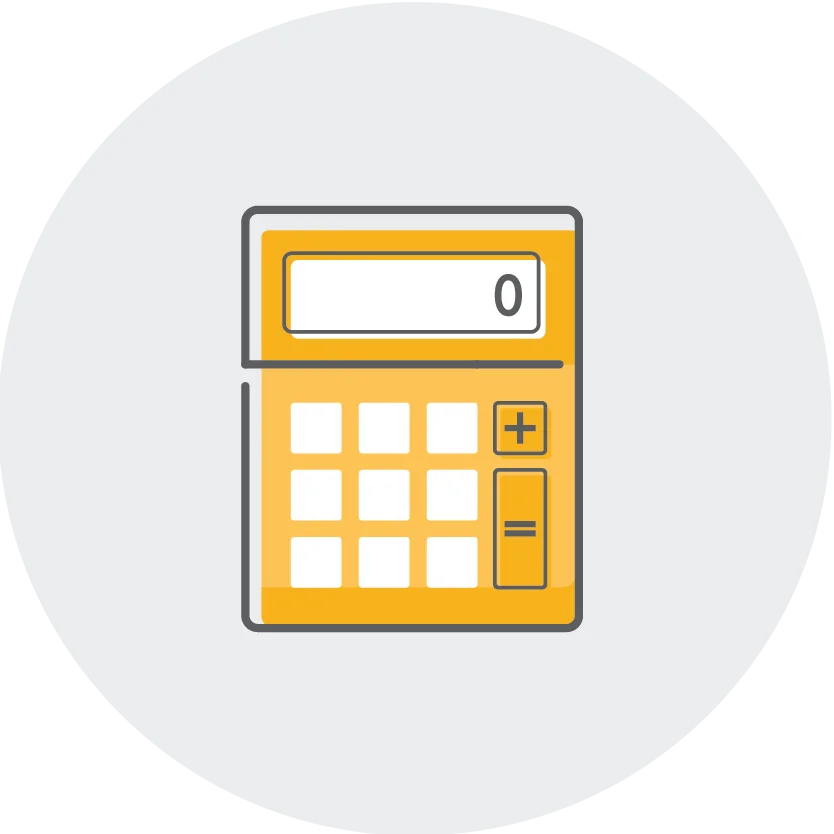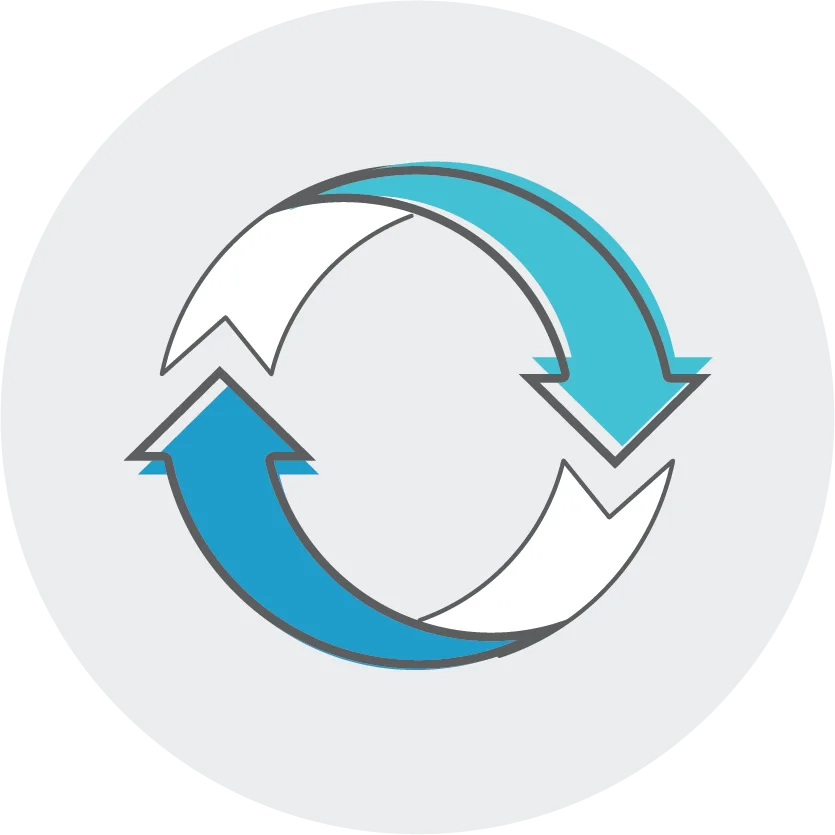When buying a home, many prospective buyers focus on the list price—the upfront cost of purchasing a property. However, the true cost of homeownership extends far beyond the price tag. From property taxes to maintenance expenses, it’s important to understand all the financial responsibilities that come with owning a home. By planning ahead, you can make informed decisions and avoid unexpected financial strain.
Mortgage-Related Costs
While your mortgage payment is likely to be your largest monthly expense, it’s important to break down what it includes:
Principal and Interest
Your principal is the amount borrowed, while interest is the cost of borrowing the money. Your monthly payment will be based on these two factors and your loan term. By paying down the principal faster, you may reduce the overall interest paid over time.
Property Taxes
Taxes are determined by local governments and can vary significantly depending on location. They’re often included in your mortgage payment and held in an escrow account. Be sure to research property taxes in the area where you plan to buy, as they can impact your monthly payment and overall affordability. Be prepared for potential increases in tax rates over time, which could affect your financial planning.
Homeowners Insurance
This protects your home against damage and liability. Premiums vary based on your home’s location, age, and coverage level. Homeowners insurance is a must-have for safeguarding your investment, but it’s worth comparing policies to find the best coverage for your needs. If you put down less than 20% on a conventional loan, you may also have to pay private mortgage insurance (PMI) until you reach enough equity in your home.
Closing Costs and Upfront Expenses
Beyond the down payment, you’ll need to budget for closing costs, which typically range from 2% to 5% of the home’s purchase price**. These include:
Loan Origination Fees
This is a fee charged by the lender for processing your loan application. It typically covers the costs of underwriting, preparing the loan documents, and managing the loan approval process. Loan origination fees can vary based on the lender and loan amount, but they are usually a percentage of the loan, often between 0.5% and 1.5% of the total loan amount.
Title Insurance
Title insurance protects the buyer and lender against any legal issues related to property ownership, such as unpaid liens, ownership disputes, or hidden claims on the property. There are typically two types: lender’s title insurance (required by the lender to protect their interest) and owner’s title insurance (optional but recommended to protect the buyer’s financial stake in the property).
Appraisal and Home Inspection Fees
An appraisal is a professional assessment of the home’s value, required by the lender to ensure the property is worth the amount of the loan. The appraisal fee can range from $300 to $700. A home inspection, which is a separate service, involves a thorough examination of the property’s condition, including its structure, plumbing, electrical systems, and more. A typical home inspection can cost between $300 and $500, depending on the size of the home and the area.
Prepaid Property Taxes and Homeowners Insurance
When closing on a home, the lender may require you to prepay a portion of your property taxes and homeowners insurance premiums. These payments ensure that your taxes and insurance are up to date and that the lender has proof of insurance in case of a claim. The amount can vary depending on your property’s location and value, and it is typically held in an escrow account as part of your monthly mortgage payment.
Ongoing Homeownership Costs
Once you’ve settled into your new home, regular maintenance and unexpected repairs become part of your financial reality.
Routine Maintenance
Homes require ongoing upkeep, from lawn care to HVAC servicing. Experts recommend budgeting 1% to 3% of your home’s value per year for maintenance.
Repairs and Replacements
Major systems and appliances—like the roof, water heater, or HVAC—will eventually need to be repaired or replaced. A home warranty may help cover some unexpected expenses.
Homeowners Association Fees
If you live in a community with shared amenities, you may also have homeowners association (HOA) fees that cover services like landscaping, security, and common area maintenance.
Utility Costs
Your monthly budget should also account for utilities, which can vary based on home size, location, and efficiency. These include:
Electricity and Gas
This covers the cost of powering your home, including heating, cooling, lighting, and running appliances. The amount can vary depending on the size of your home, how energy-efficient your appliances are, and your usage habits. For homes with central heating or air conditioning, gas and electricity can make up a significant portion of your utility bill.
Water and Sewer
Water bills typically include both your household water usage, and the sewer services required to handle waste. The costs can be influenced by your home’s water consumption habits, garden irrigation systems, and the number of people in the household. Sewer fees may also depend on your local area’s waste treatment infrastructure.
Trash Collection
Trash collection fees cover the removal of household waste and recycling. Some communities offer bundled services that include regular trash pick-up, recycling, and bulky item disposal. If you live in an area that doesn’t provide trash services, you may need to contract with a private provider, which could affect your overall cost.
Internet and Cable
This includes the cost of internet access and any cable or satellite TV subscriptions. Prices can vary based on the provider, your service plan, and whether you opt for premium cable channels or higher-speed internet for work or entertainment. Many households may also have streaming services, which would increase the overall budget for entertainment and media access.
Lifestyle Costs
In addition to the basic utilities, there are lifestyle-related costs that you should consider. These can significantly impact your monthly expenses, including:
- Pool maintenance: If your home has a pool, regular cleaning, chemical treatments, and occasional repairs can add to your monthly budget.
- Landscaping: Regular lawn care, garden maintenance, and tree trimming can vary depending on the size of your property and your personal preferences for upkeep.
- Security systems: A monitored security system can be a valuable investment, adding monthly fees for monitoring and equipment maintenance.
- Smart home technology: Devices such as smart thermostats, lighting, and home assistants may involve initial setup costs or ongoing service fees.
- Commuting expenses: Whether you drive or use public transportation, commuting costs such as gas, parking, and tolls should be factored in if you work outside the home.
When planning your budget, it’s important to include these additional lifestyle costs to avoid surprises and ensure you’re financially prepared for all aspects of homeownership.
Planning for the Future with Smart Financial Planning
Owning a home is a long-term commitment, and financial planning is essential. Consider setting aside an emergency fund for unexpected repairs or financial hardships. Additionally, building equity in your home can provide opportunities to refinance or tap into home equity for future expenses, like home improvements or debt consolidation.
While the list price is a significant factor in buying a home, understanding the full scope of homeownership costs is crucial for financial success. By budgeting for ongoing expenses, planning for maintenance, and preparing for the unexpected, you can confidently invest in a home that fits your financial goals.
If you’re ready to explore your home financing options, Mutual of Omaha Mortgage is here to help. Contact us today to discuss how we can guide you through the homebuying process.











